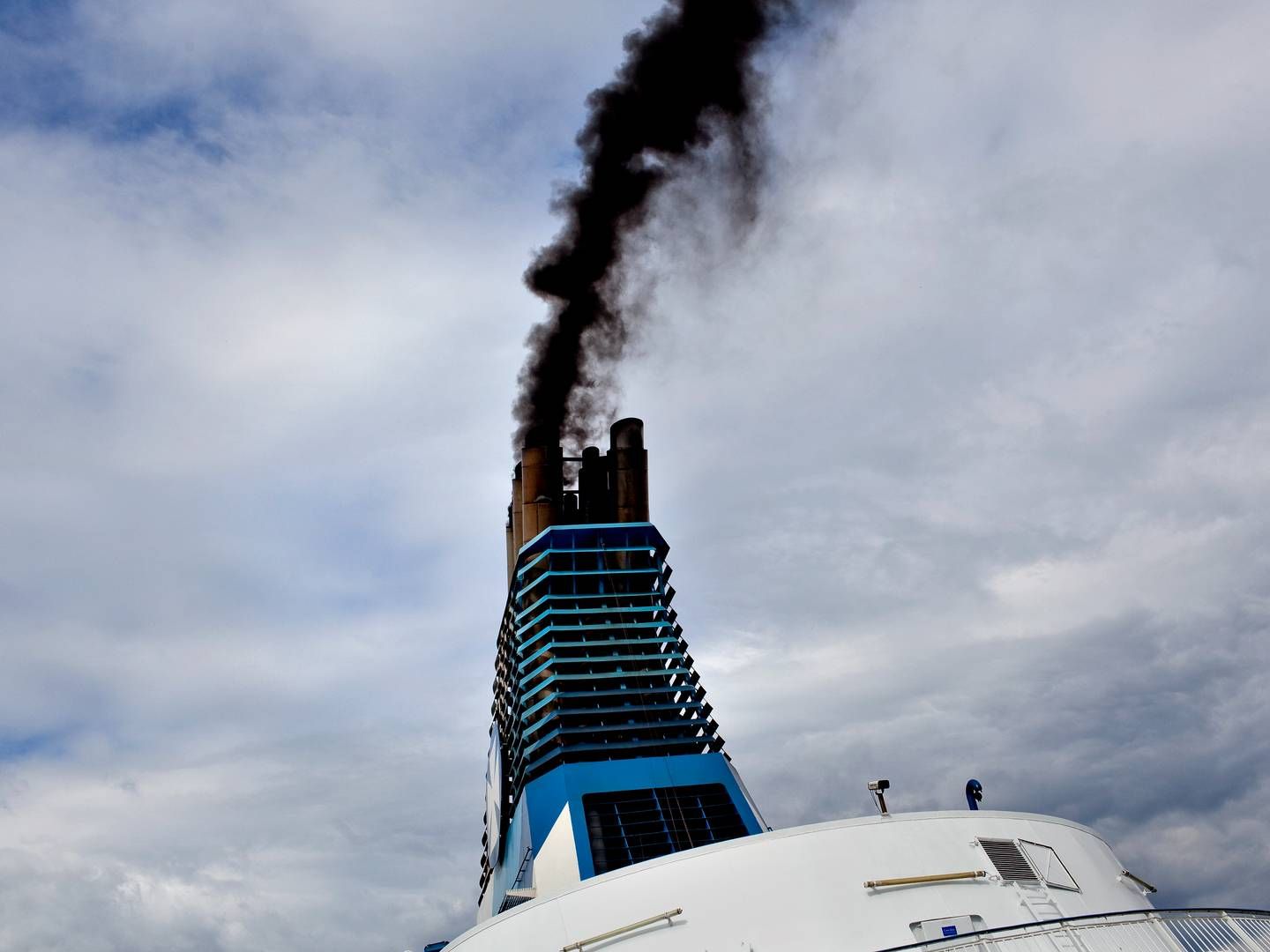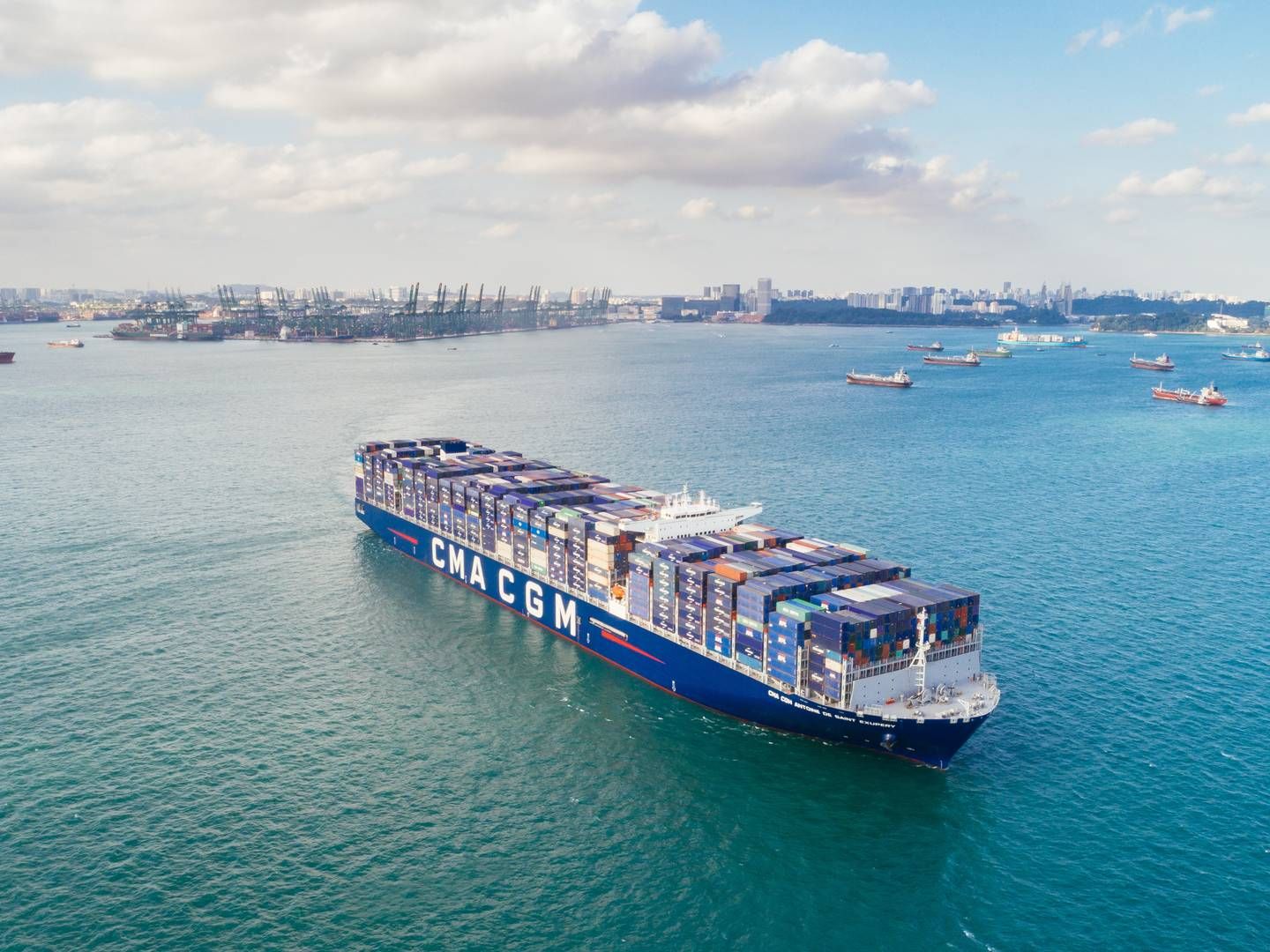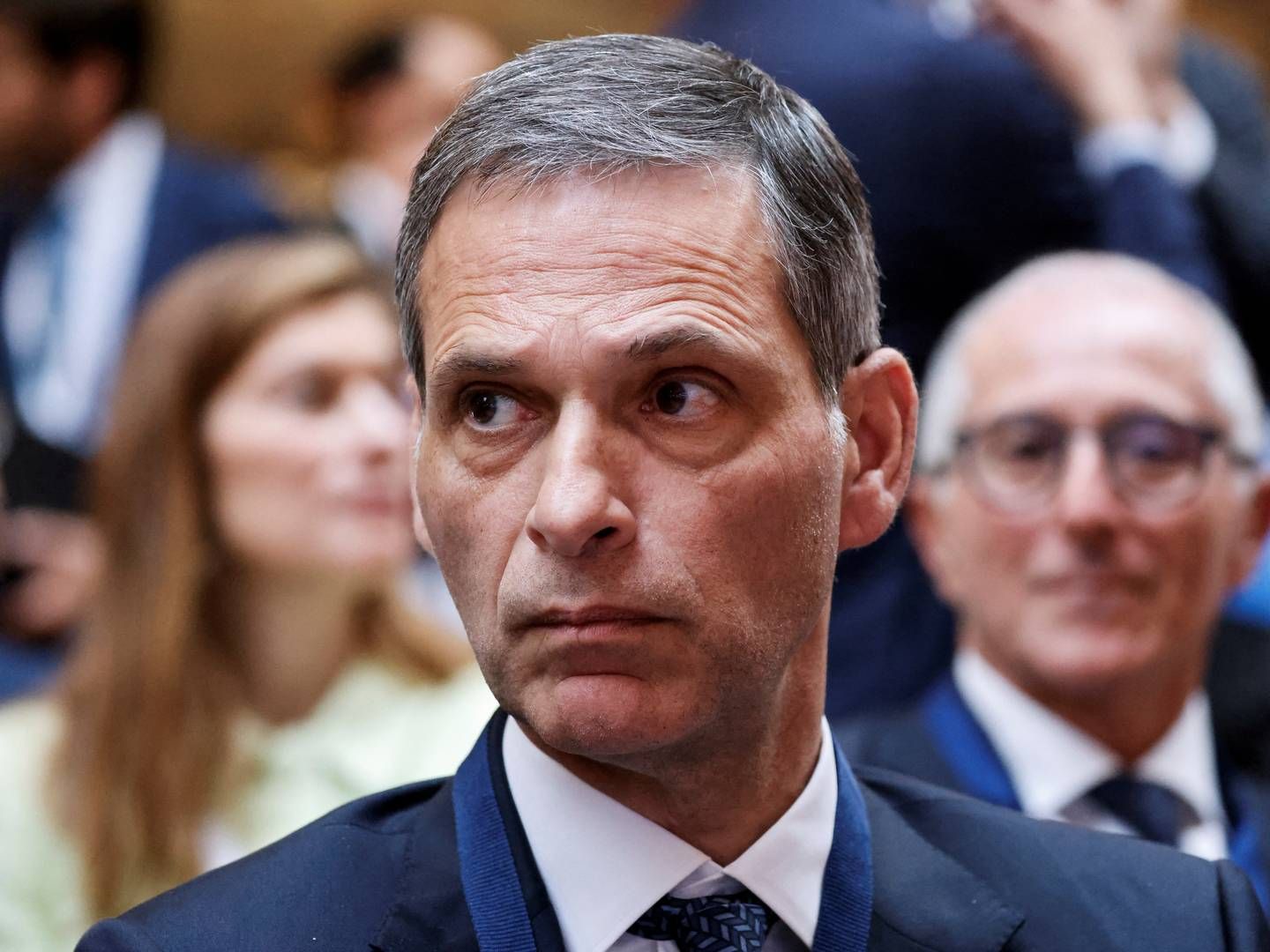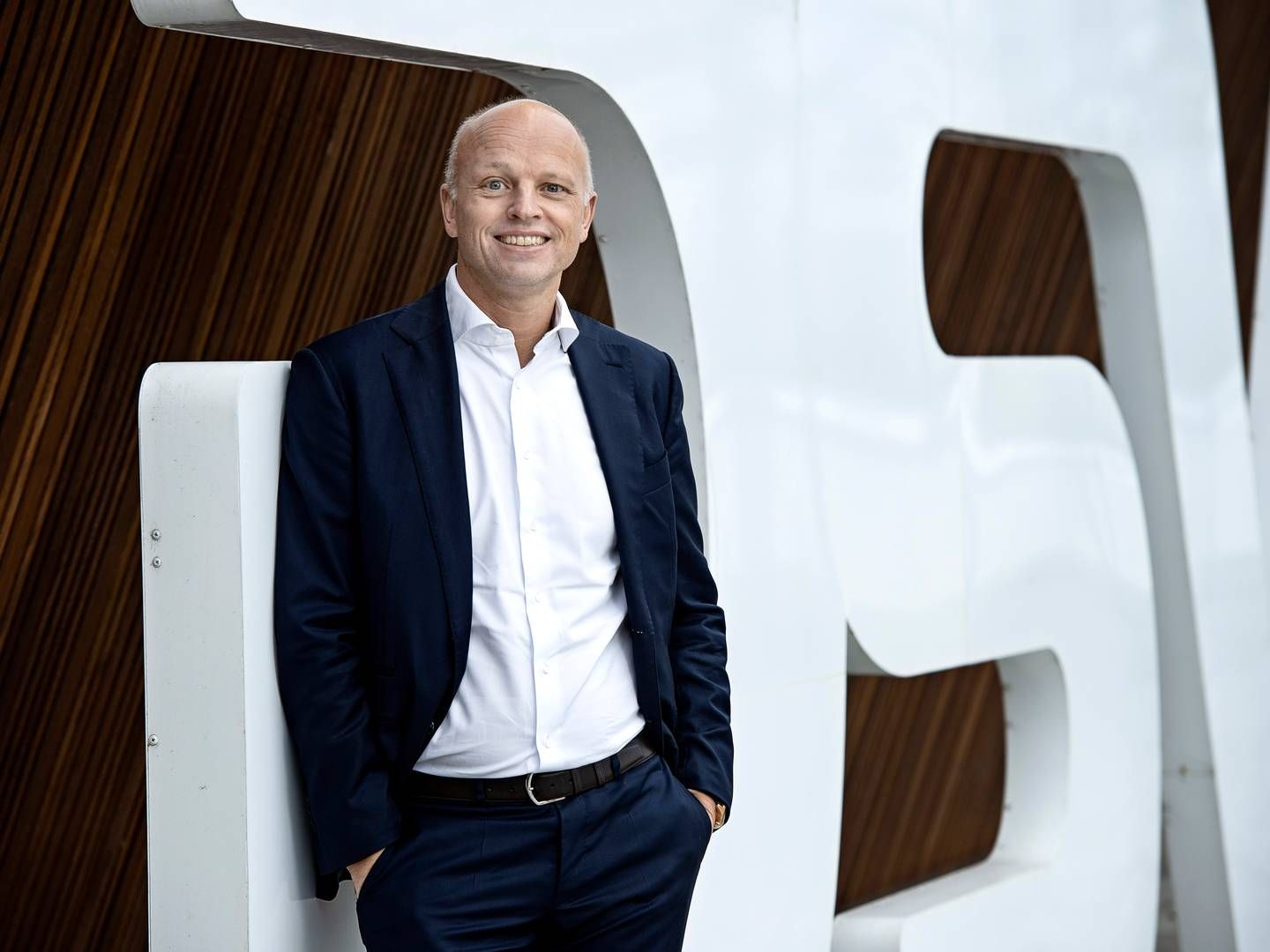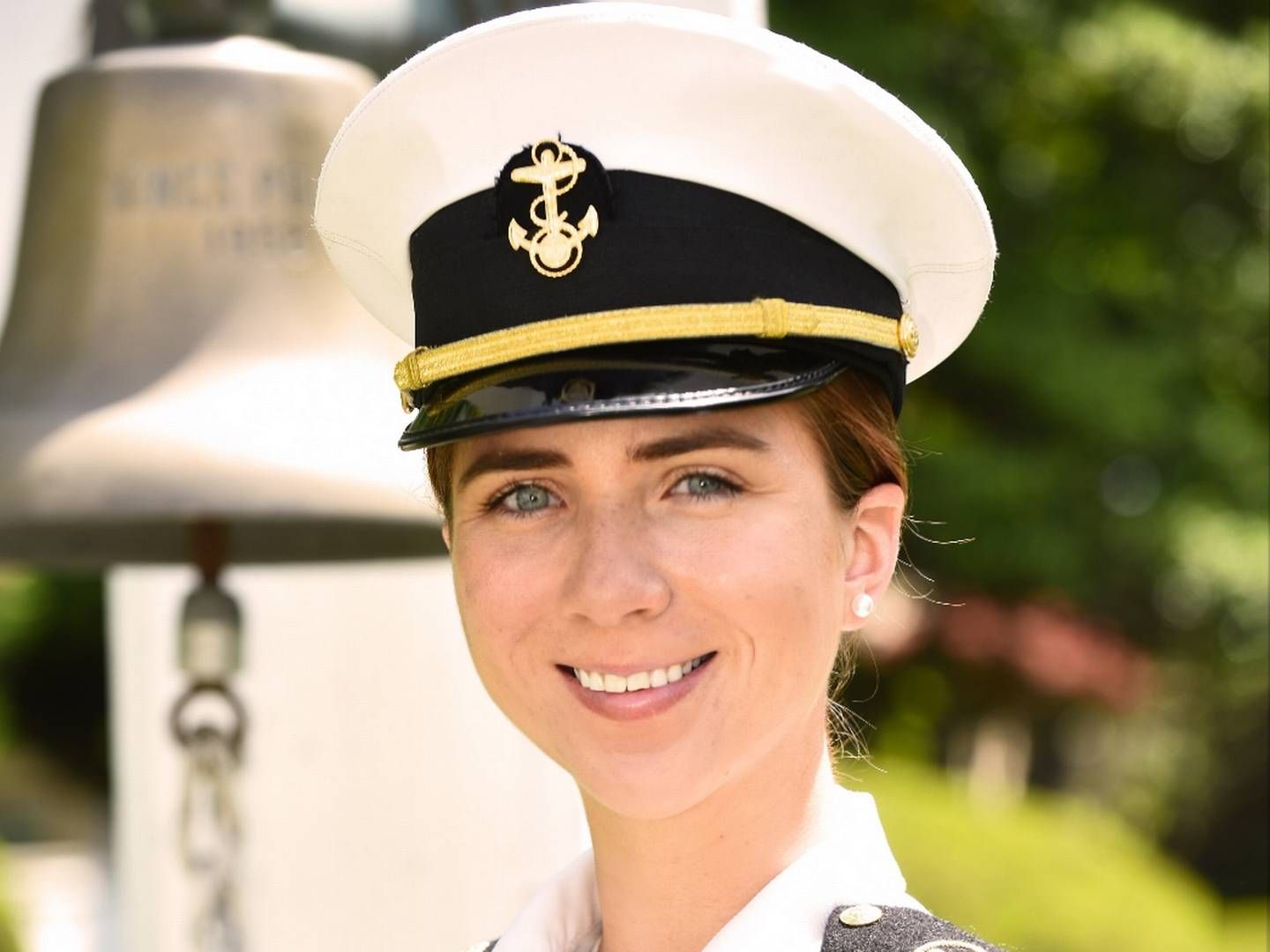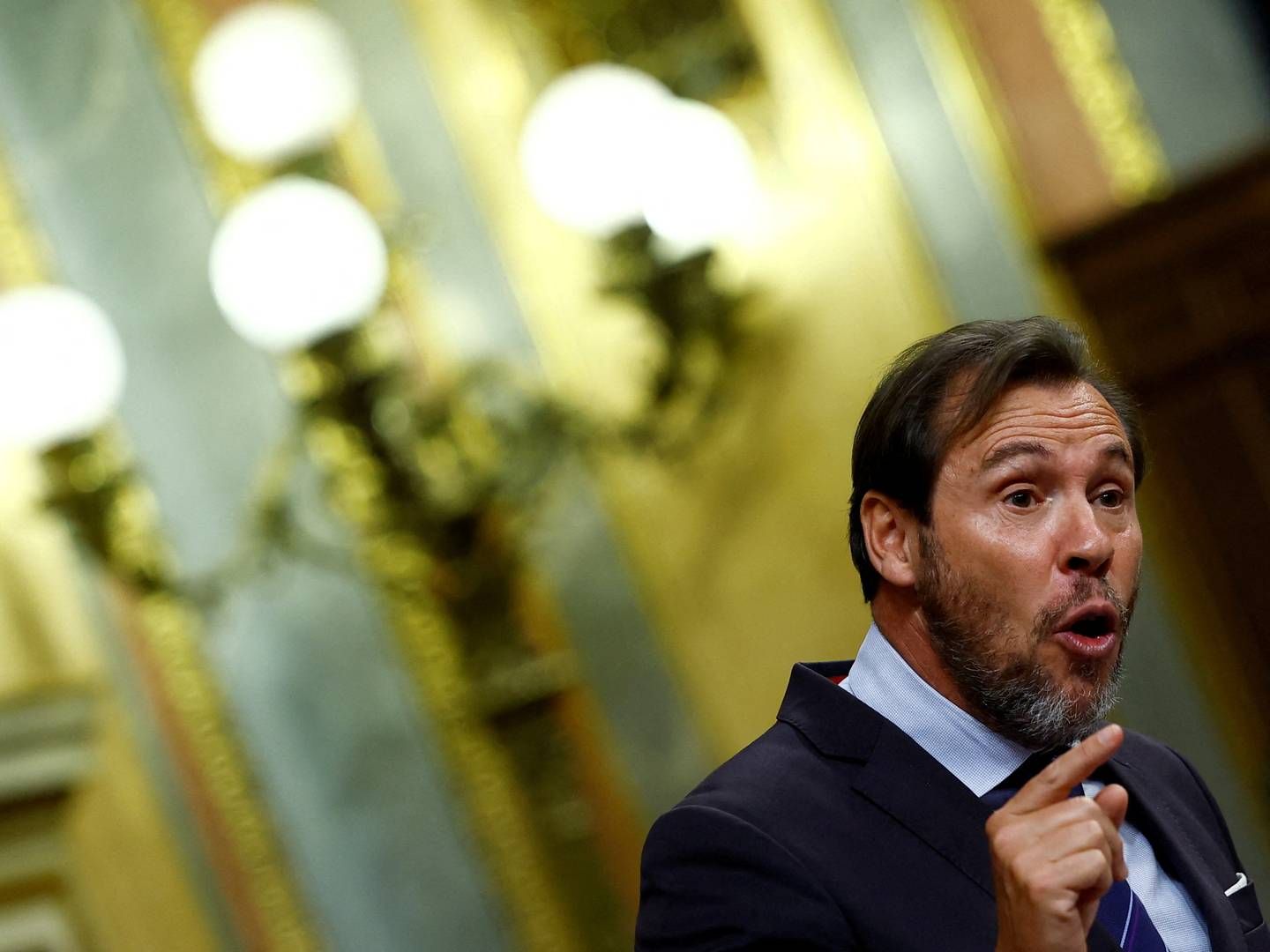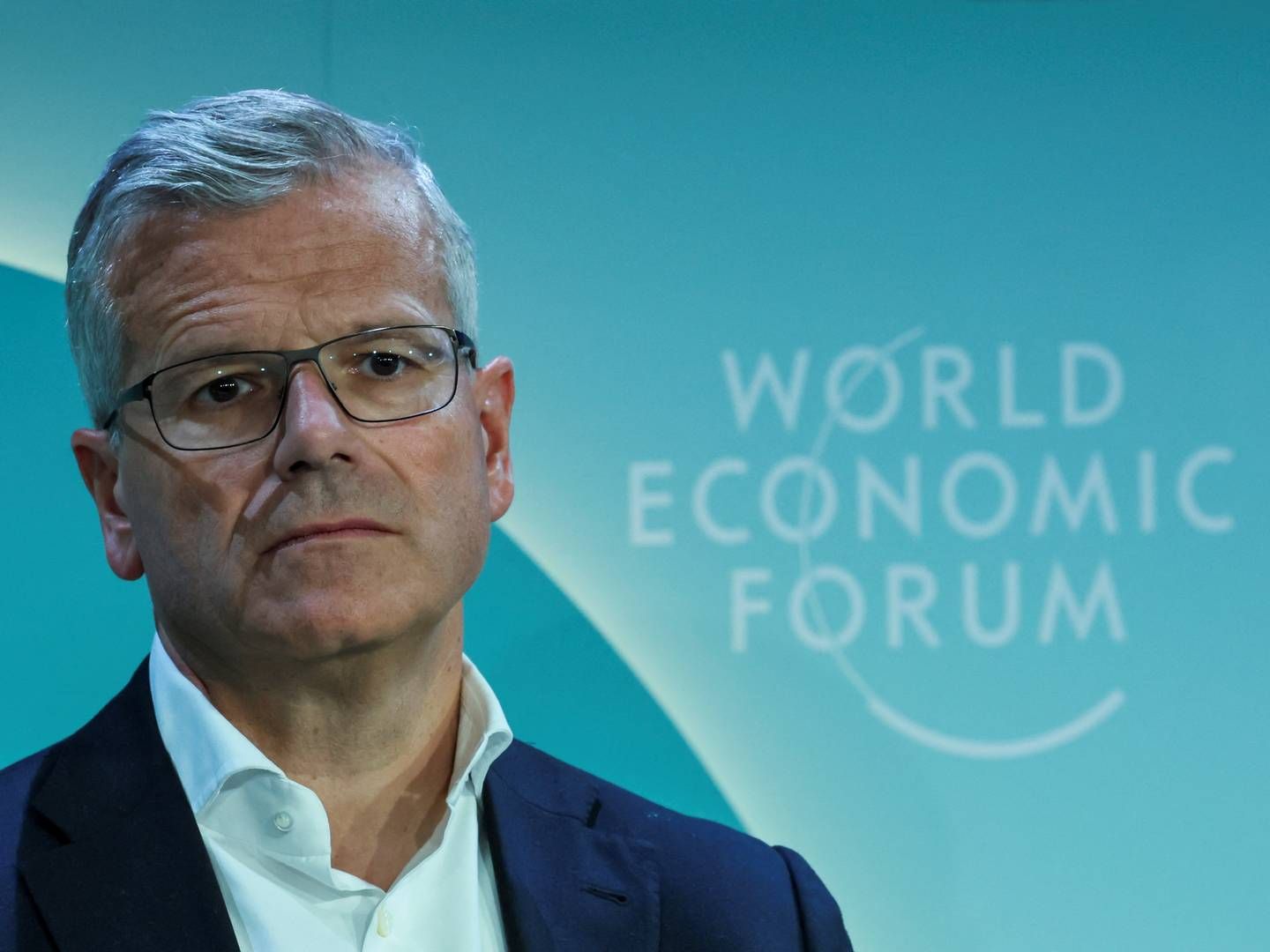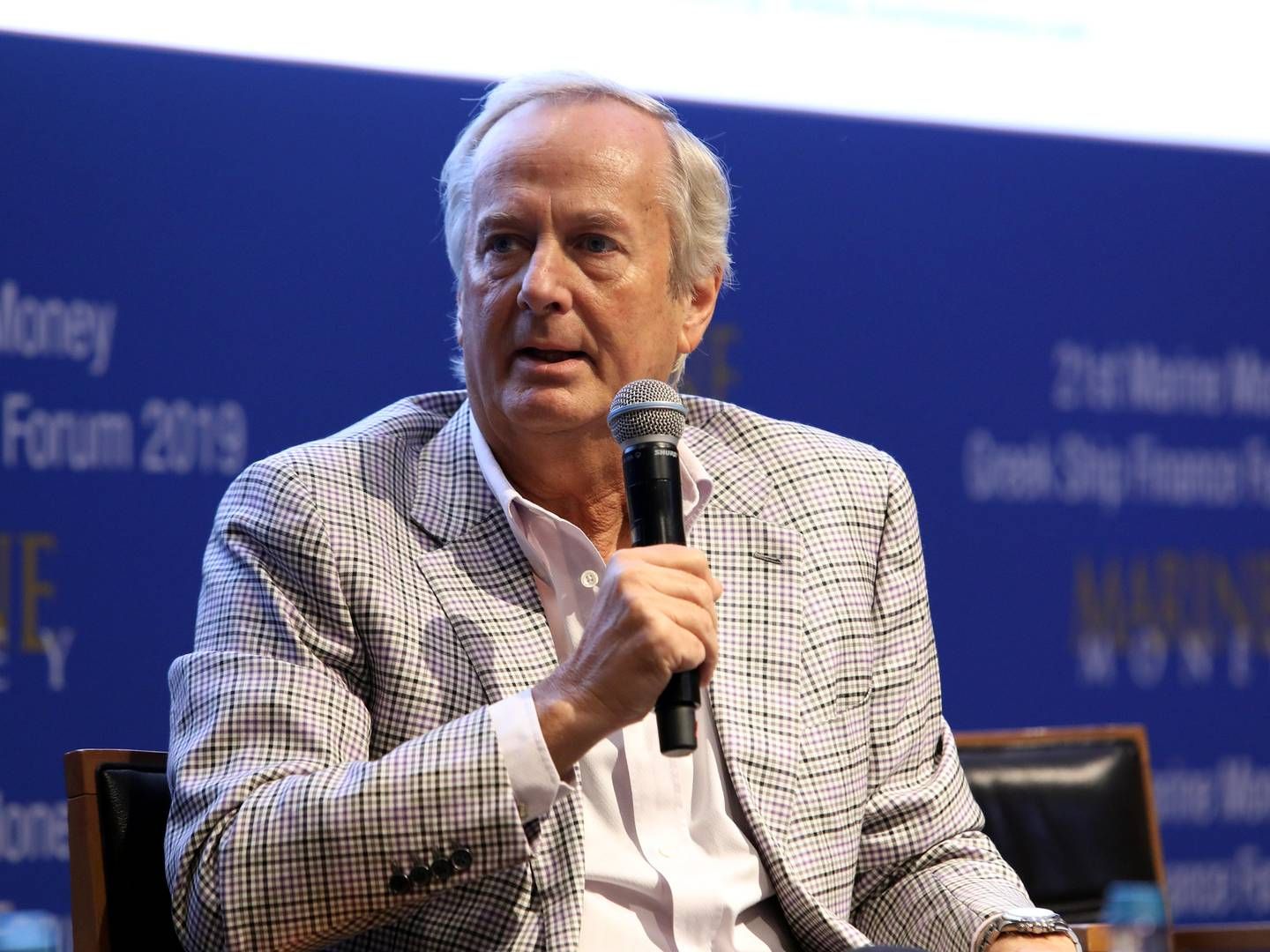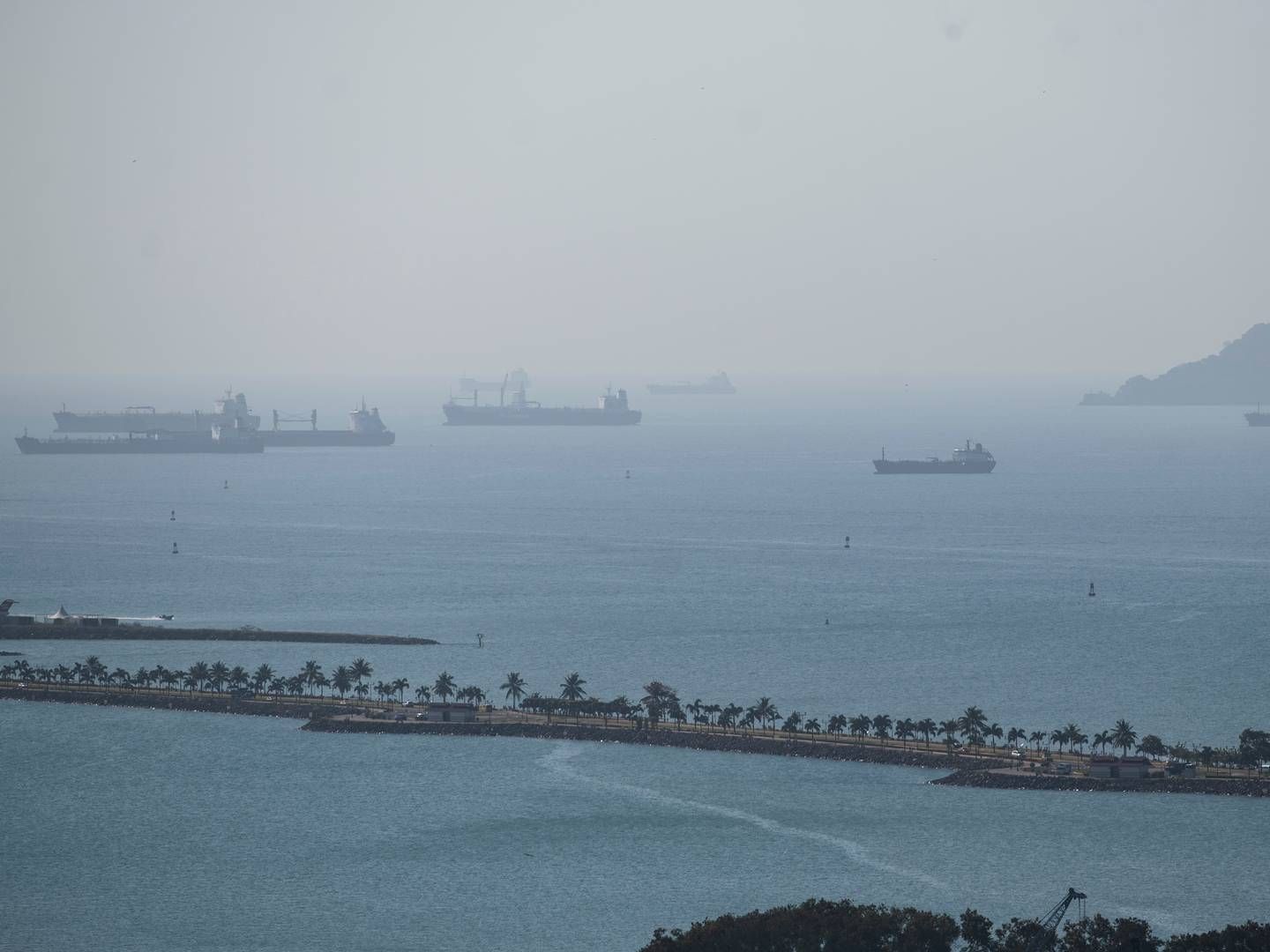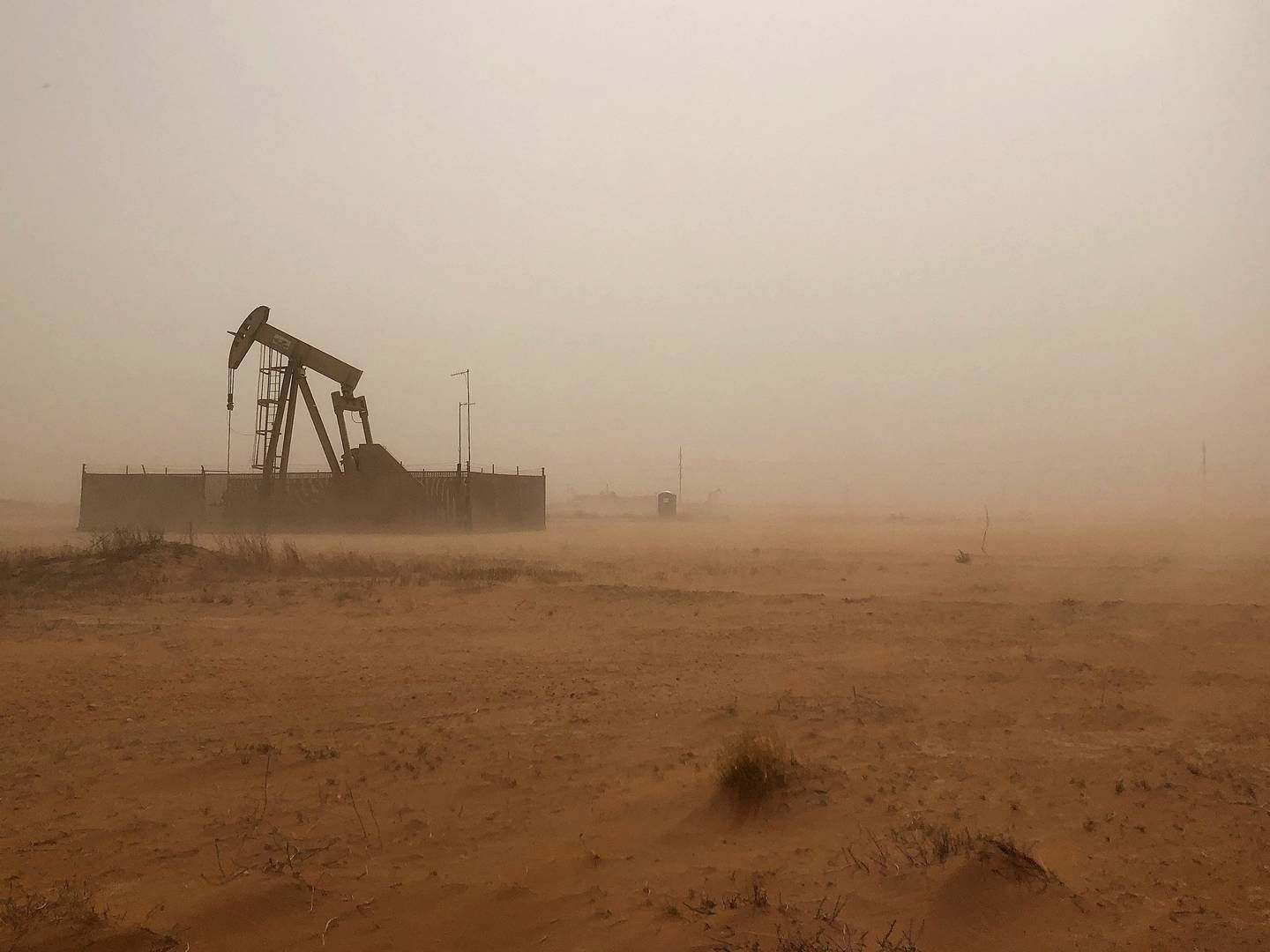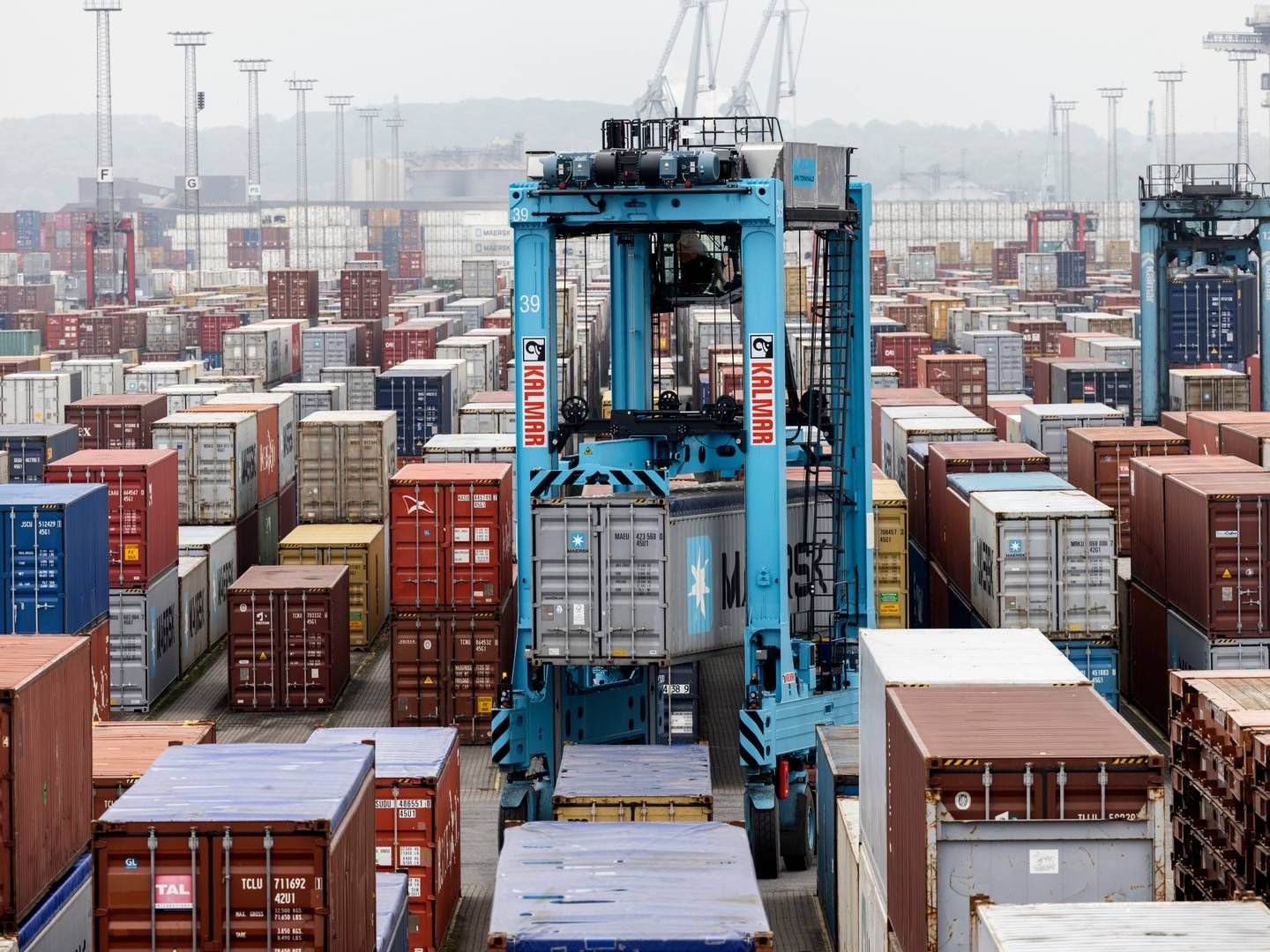Industry welcomes ETS quotas: "We have been waiting for this moment for four years"

The EU resolve to absorb global shipping into the Emissions Trading System (ETS) is a good thing overall, but the result could have been even better.
Senior advisor at environmental NGO Green Transition Kåre Press-Kristensen is by and large content with shipping’s inclusion into ETS, but according to him, another solution would have been even better.
”We are pleased, and we have been waiting for this moment for nearly four years now. But we set out because we wanted to force IMO to act – not because we shared an affinity for EU regulations,” Press-Kristensen tells ShippingWatch.
He adds that he, like most people, would’ve preferred a global ratification, but the pace of the International Maritime Organization (IMO) is way too slow.
”If you ask me, I think it’s a shame that the EU has to act. On the other hand, with IMO not contributing enough, if anything at all, I’m impressed that a goal-oriented region like the EU steps in. The ETS doesn’t prevent IMO from acting,” the senior advisor says.
Feelings are also mixed for CEO in the Norwegian Shipowners’ Association Harald Solberg. He too could easily picture a better solution in an ideal world.
”We remain positive with the decision to absorb shipping into ETS, even though we would have preferred measures to happen within an IMO framework. It is both positive and important that the EU has agreed to earmark money for shipping’s green transition,” Solberg comments.
Yes to EU ETS, but...
While most reactions to EU ETS and the resolve to include shipping into the quota system remain positive, it still feels a bit like leaving the dinner table on a hungry stomach. Something is missing.
The EU ETS is a step in the right direction, but nothing more than that.
“It is a step in the right direction to price the CO2 emissions from shipping as important that polluters pay, that we bridge the price gap for clean energies and we invest and scale clean shipping technologies like wind, batteries and renewable fuels,” says Senior Shipping Policy Officer with NGO Seas at Risk Lucy Gilliam, adding:
“However, we were disappointed that not all climate heating forcers were included like black carbon. Black carbon contributes 21 percent of shipping climate impact so it should not have been left out. The ETS should be based on CO2 including methane, nitrous oxide and black carbon.”
As described earlier by ShippingWatch, global shipping has to pay for methane and nitrous oxide emissions come 2026.
Gilliam tells that they don’t expect current ETS fees to have any real bearing on emissions.
NGO Pacific Environment also stresses that this should serve as a clear signal to the IMO.
“This agreement [EU ETS, -ed.] should be a clear signal to the IMO that we need stringent global regulation as the Marine Environment Protection Committee (MEPC) finalizes its revised GHG Strategy in June 2023,” says Climate Campaign Manager for ports at Pacific Environment Allyson Browne.
Press-Kristensen also hopes that the EU taking matters into its own hand will give the IMO the spark they need.
”Maybe the EU’s actions will put pressure on the IMO to pass new more ambitious steps. We might see an increased will to act within the IMO.”
Danish footprint
Danish Shipping also welcomes the shipping sector’s inclusion into the ETS.
Head of Climate, Environment and Security Maria Skipper Schwenn is pleased with the prospect of emission fees.
”Danish Shipping has been working closely with its members in conceiving a ETS model over a year before the Commission presented its proposal. That is why the Danish footprint on the final regulation is so significant,” she says, adding:
”First of all, fees will be implemented on all greenhouse gasses, not only CO2 emissions. And then, fuel life cycle assessments (LCA) is to be incorporated in the regulations revision in 2026. Two key issues for Danish Shipping.”
English edit: Simon Øst Vejbæk
EU agrees: Shipping will have to pay for pollution in Europe
Shipowner associations positive about preliminary climate deal: ”We are pleased”
Exceptions from CO2 quota system may prevent EU’s climate effort, says NGO
Related articles:
EU agrees: Shipping will have to pay for pollution in Europe
For subscribers

